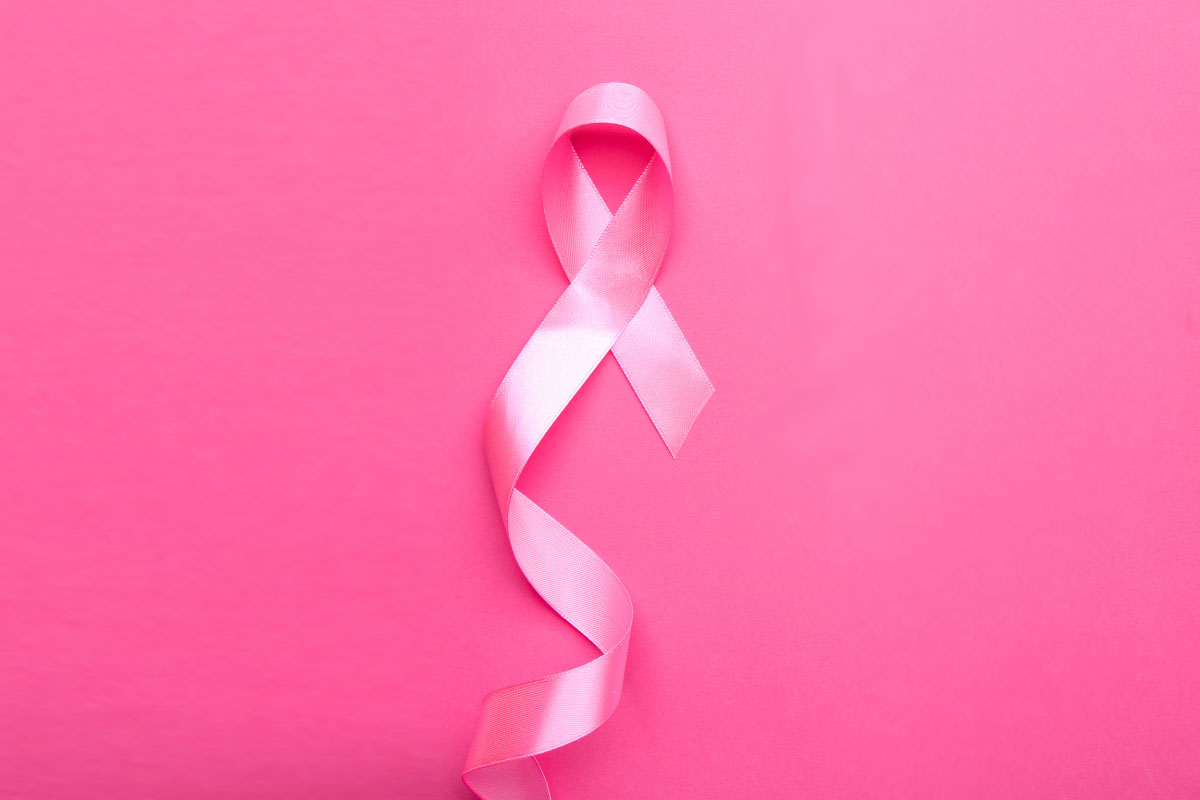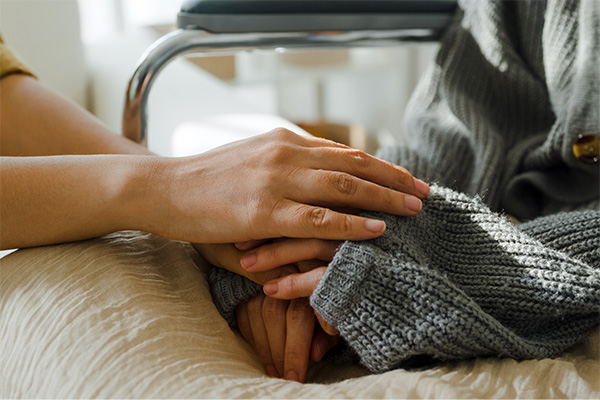
After long and challenging cancer treatment, the days when you finally get to ring that bell announcing your last radiation or chemotherapy session can feel surreal.
As you look ahead to life after cancer, you likely feel a mix of emotions - relief that treatment is over, excitement about moving forward, and anxiety about what comes next.
You may be wondering - what now? How do I move on? What comes next in my cancer journey? Know that you are not alone in asking these questions.
This blog post shares tips to help you navigate life after cancer treatment. By following these suggestions, you can build resilience and thrive in the years ahead!

6 Guiding Tips for Life After Cancer Treatment
After treatment, continuing follow-up appointments and making healthy lifestyle choices are essential to stay cancer-free. Taking good care of mental and physical health aids recovery from the difficulties of a cancer diagnosis and treatment.
1.Rejoice and Reset
The end of your treatment deserves celebrating. Do something unique - go on vacation, host a party with loved ones, buy yourself a gift. You earned it! This is a significant milestone.
At the same time, take time to rest and recover. Treatment takes an enormous toll on our minds and bodies. Be patient with yourself and allow your body to heal. Reset your priorities - make time for self-care.
Things that brought you joy before cancer - do more of those now. Clear your calendar of unnecessary obligations and take it easy for a while.
2.Stay on Top of Follow-Up Care
Get familiar with recommended follow-up care to monitor for potential recurrence. Develop a system to track upcoming doctor's appointments, scans, and bloodwork.
Bring a list of questions to appointments. Stay connected with your care team for continued support. Pay attDon'tn to regular health screenings or dental visits, too.
3.Manage Lingering Side Effects
You’ll continue experiencing treatment side effects like fatigue, pain, nerve changes and chemo brain. Talk to your doctor about any symptoms - there may be ways to manage them.
Making healthy lifestyle choices can also help counter side effects. Pace yourself until the fog fully lifts. Know that you may never feel exactly like your pre-cancer self, so be patient.
4.Make Healthy Lifestyle Choices
After cancer treatment, your body needs nutritious whole foods to heal properly. Limit processed foods, sugars, alcohol, and red meat while emphasizing fruits, vegetables, and whole grains.
Stay hydrated, exercise as tolerated, and get enough sleep. Consider meeting with a nutritionist who understands the unique needs of post-cancer bodies. Developing healthy habits now builds resilience.
5.Find Emotional Support
You experience unexpected emotions, too. Feelings of anxiety, depression and fear of cancer recurrence are widespread after treatment. Know that these feelings are normal.
Seek professional counselling or locate cancer survivor support groups. Leaning on loved ones can help, too. Prioritize self-care, and don’t hesitate to ask for help managing emotional health.

6.Embrace Your "New"Normal"
A"cepting that life post-cancer will never be the same can be challenging. You may struggle with body image and self-confidence after surgery, hair loss or scars.
You may also question your purpose in life now that you are no longer defined by your cancer patient status. At this stage of your journey, give yourself ample time to discover what brings you joy, passion, and meaning.
This is the first step to building your "new" normal."
Conclusion
Navigating the transition from intensive cancer treatment back to everyday life brings ups and downs.
The range of emotions can feel like a rollercoaster, from celebrating milestones to managing side effects. Know that what you are feeling is entirely normal.
By staying on top of follow-up care, making self-care a priority, leaning on your support systems and focusing on overall wellbeing, you put yourself in the best position to thrive in your life after cancer.
Build resilience through healthy lifestyle habits!
Frequently Asked Questions
Q. What side effects can linger after finishing cancer treatment?
Ans: Cancer survivors need to continue experiencing side effects for months or years after treatment ends. Common lingering effects include fatigue, pain, nerve changes, lymphedema, chemo brain, insomnia, bone loss, fertility issues and heart/lung problems.
Q. How often should I follow up with my doctor after cancer treatment?
Ans: Generally, survivors see their oncology care team every 3-6 months for the first two years post-treatment, then every 6-12 months. Additional testing, such as bloodwork, scans, or tumour markers, helps detect potential recurrence.
Q. What lifestyle changes are most important after finishing cancer treatment?
Ans: Eating a balanced diet focused on whole foods, exercising regularly as appropriate, minimizing alcohol/tobacco, managing stress and getting enough sleep provide the best foundation for strength and health after treatment.







